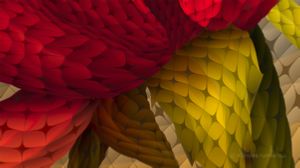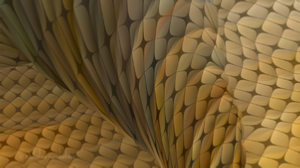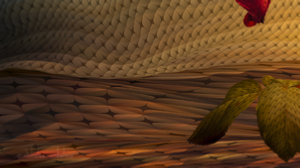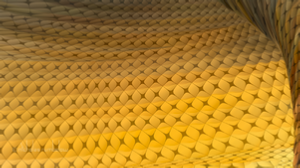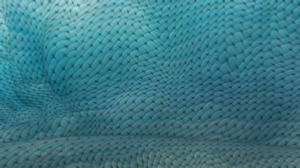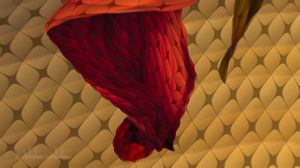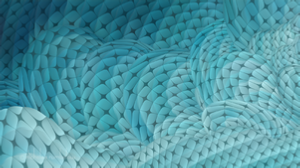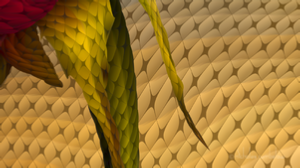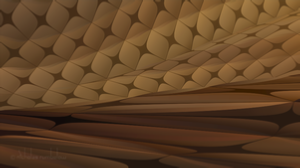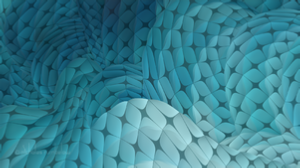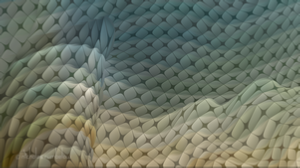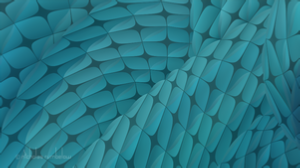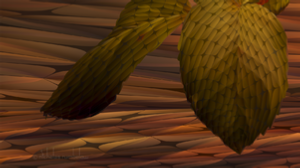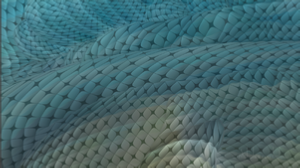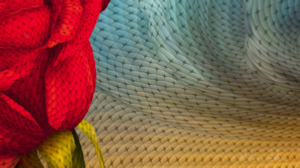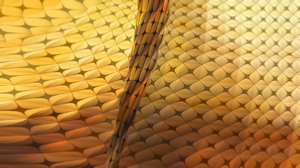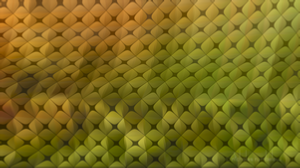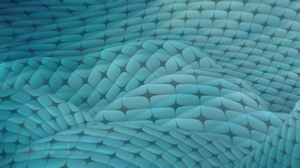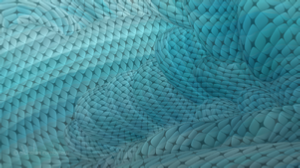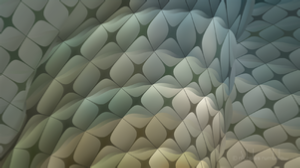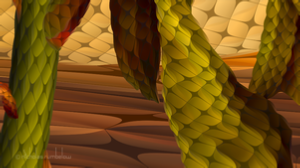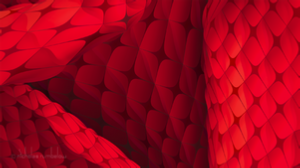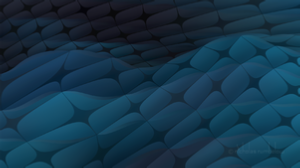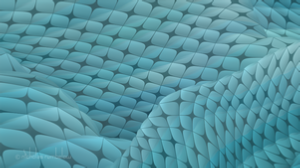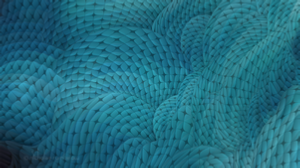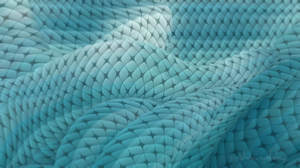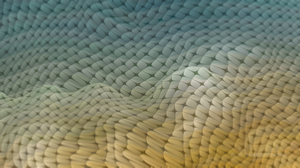















Despair
So What’s My Story, Why Did I Draw This?
This is not a sob-
I became familiar with despair at an early age. I now understand that I developed a psychiatric disorder, mainly due to events and circumstances when I was young, but until recent years, joy always seemed short-
My childhood was interrupted a few times, and I found myself alone at home most of the time in my early teens, with one parent dead at the age of 10, and the other absent from my day-
I'm happy to write about this now, as it's an experience I share with so many other people who nearly didn't survive being 15, and I feel encouraged to open-
I was always quite solemn growing up, 'homes' and friendships were transient, and depression soon became embedded into my character, and still sometimes has a heavy presence in my life.
When I was 11 my mother was persuaded to move us hundreds of miles away from everything and everyone we knew, by a charming man who would soon become a sinister, gun-
They married in secret, I was not invited and I found out by him grabbing me by the throat and pushing me against the wall, his eyes popping out of their sockets with a rage I'd never experienced before, and telling me that he'd married my mother the day before and there was nothing I could do about it. He became my abuser that day.
By the age of 13 we had moved hundreds of miles again, and were living in a house in the grounds of the hotel they managed. This is where loneliness would change who I became. I would wake up for school alone, there would be no one home when I got home, and if there was there would be an ever-
Lucky is the child that doesn't live in fear of the deliberate footsteps coming up the stairs in the middle of the night, every night.
At 15 I felt so incredibly lonely and so despairing of hope for change, ending my life felt like a better option than trying to wait until I could be independent.
As I was recovering, it was decided that I shouldn't go home, and I was confined for several very long months at an adolescent psychiatric unit. While I was there my mother and my abuser moved home into a different part of the country for the third time, and in the process the man decided to destroy absolutely everything I owned, all my precious things, and I have no memory of my mother intervening. Everything that was familiar was gone, like they wanted to erase me.
So once again I was the new kid at school, and nothing remained of what my family once had. Eventually my mother suggested I went into foster care, and so I went to live with strangers somewhere else, and their many other foster children, having to share rooms with other troubled teens I'd never met before.
Some normal everyday activities that others take for granted are still sometimes challenging for me to this day, but a few years ago I was diagnosed with schizotypal personality disorder (SPD), and everything started to make sense.
The power of owning a diagnosis is that it helps release me from self-
But most importantly, it gives me the psychological tools to step back from my reactions, my thoughts, and from my behaviours enough to question them. Knowledge really is power, and I have far fewer symptoms than before the diagnosis. Simply being aware of why I sometimes do the things I do, can enable me to witness myself in action, and allows me an opportunity to think differently, which is a key difference between SPD and schizophrenia.
However, back then then I had to find a career and try to keep someone else's roof over my head, because some past decisions took away my power to be independent. But being around other people, being in the High Street believing I can hear everyone's thoughts or worse, that others could hear mine, the persistently chaotic home environments I found myself plunged into, feeling like I had no agency over what happens to me, and no hope of ever being happy – all these elements would eventually create so much stress and despair that I developed several mysterious idiopathic health conditions, such as urticaria, chest pains, and IBS.
In certain situations I sometimes have an actual allergic reaction to being around some other people in awkward situations, and severe, prolonged stress can even cause an anaphylactic response.
It was like my body was turning on itself, because I had no way of processing the trauma I didn't know I was experiencing. Eventually I would even have several non-
I was recently diagnosed with Functional Neurological Disorders, which means there's nothing wrong with my brain, but it just developed some functions differently, and although it took so many years to finally get some answers, it was a relief to see my seemingly separate conditions grouped together on someone else's list, and now it makes sense. But the stress of not knowing made it so much worse.
Looking back with what I know now, managing to achieve some degree of success in my eventual career was despite huge odds.
I had drifted after coming out of foster care, both parents were dead by this time, and the charming tyrant she married took everything and exited from my life immediately, and what remained of my family were now in different parts of the country.
So I continued to be alone, and although there have been periods of relative stability and love, which I was unable to respond well to, my repeatedly disrupted education meant I had no chance of a career, so I did whatever I had to do in order to survive.
Then, in 1998 I taught myself what I needed to know in order to pass some recruitment tests, and managed to land a job designing presentations at an investment bank, in the early days of London's Canary Wharf.
Overnight I went from about £50 per week on unemployment benefit, to just under £1,000 a week, every week, in an environment paved with marble, and overflowing with lavish lifestyles. Eventually
I would even become a Trainer and teach Bankers and other Creatives the skills that I had
taught myself.
My career developed. I had lead design roles at different financial institutions, invited back to my
first investment bank a few times in better roles each time, and even came back to them as a professional Illustrator for a while, where I was able to discover my skills and explore the potential for creative-
Eventually I would be listed by CreativePool as ranking #2 most influential Presentations Manager in England. Despite sometimes feeling overwhelmed by imposter syndrome, I became accustomed to landing any job I applied for. I had my brand new convertibles, and twice had a penthouse view across London from the leafy hills of Crystal Palace.
Then I started making mistakes, couldn't stay awake and found it difficult to concentrate, and was beginning to avoid work. In my late 40s I found out that I had been living with a few congenital defects, including a hole in my heart called an atrial-
I also discovered I have one leg functioning about 3cm shorter (or longer) than the other, which had effectively been like walking around for four-
The heart defect discovery happened at the same time as yet another condition which made me very anaemic, I became seriously ill and my career came to a sudden end.
Soon after I became homeless and was propelled into a terrifying world of utter hopelessness, and this was before I knew I had SPD, so anxiety doesn't even nearly describe the daily living hell of
what it was like. For five years I was stressed from the moment I woke to the moment I eventually
fell asleep.
It's strange how nearly dying would in the end provide me with the security, freedom and independence that I've only ever dreamed of. I was considered a priority for emergency housing, which was a relief, but it meant a culture-
I remained too unwell for the surgery I needed for about 18 months, and at times I was so weak I couldn't even lift an arm, and I was surrounded by chaotic lifestyles, drugs and petty criminals. After my heart was fixed my circumstances did not improve, and I would often find myself pacing endlessly around my room, trying to build the confidence to step outside.
Despair is when we have no hope of changing the cause of the distress.
Sometimes my world would spiral so much I would suddenly become rooted to the spot, completely unable to find a reason to move. I sometimes still have to cross the road if I have to approach a bus stop with a crowd facing me as I walk towards them, but mostly a tug on my baseball cap helps me to avoid eye contact and I can get on with my day.
I would hear my neighbours talking about me, their voices would come through my window, and although SPD isn't usually associated with hallucinations, it is possible that the level of stress was so intense that I'm open to a differential diagnosis, but they had my neighbours' voices.
For those years it was like having uninvited guests in my home, not only with no privacy, but where listening-
Depression is sometimes a fatal condition.
But I got lucky again. It was a seemingly endless road to get here, but after moving 32 times since the age of 11, I now have a permanent home by myself on the edge of some wonderful countryside, with the support of a local Housing Association in an area I would not have known about had I not depended on being housed.
It's also an environment that provides me with privacy, independence and security, and gives me the opportunity to take care of my health and well-
Now I have my own family, and my daughter and her husband loved the area so much, they bought a house here and decided to put down some roots and start their own family. So now my grandson is only a four-
Although I am still alone and single, I found friendships here and I feel connected, and I'm free to pursue my creative impulses. I get to spend my days making the art that I love, like a wish that continues to come true, nearly, but good enough.
If I could go back and change things so that I didn't experience those endless days of deep and dangerous despair, my daughter and my son-
While drawing this piece, a family group of adult foxes have started visiting my garden every day, something I used to fantasise about in harder times, and I even provided a dog kennel in the hope that one might choose to take shelter there if they are scared, injured or just need to stay dry, and earlier this year that very thing happened.
Now I share his ongoing story with the world with YouTube videos, documenting his progress as his wounds heals and he recovered from mange, a fulfilling joy that I wasn't aware of before, again, only available because of the hard times that brought me here.
So even though we don't know where the challenges we are facing will lead us, by taking positive action today, we can start building on positive thoughts, which will in turn ensure that when we look back, that positivity will be easy to spot, and we will have memories to be proud of, despite the circumstances.
This piece began as a lockdown project, and at the time it felt like the whole world was suddenly experiencing something of what it's like to live with SPD -
And then came the unimaginable loss, everywhere, all at once. Uncertainty was ubiquitous, but nobody knew that things would get so very much worse.
Then, between the first lockdowns I was suddenly let down by someone very close, completely out of the blue, and even as someone who enjoys my own company, I was cast adrift just when we needed each other the most. I was left without that chance to share innermost thoughts with a special friend who knows you on that level, a basic human need that is still absent in my life.
Despair seduces us into believing that things seem to start making sense, but darkly. Depression really is a liar, it's a trickster, and sadness drags us across the event horizon into the pit of the soul. Struggle is unavoidable for everything that has, or ever will live, and awareness of this makes life feel like a curse, not something to be rejoiced.
But thankfully I've lived long enough to be familiar with the cycles of the wheel of human experience by now, and I while I'm on top of everything I try to remember next time it gets bad, that life does get good again, because in my darkest days, the best days feel like delusions, and all hope is
lost again.
So while I'm unable to change how I feel, I must try to remain suspicious of my negative feelings, because they will change again soon. While I wait for the storm to pass, I just need to take shelter by keeping a low profile, and resist the urge to communicate until I can be sure I won't cause any damage with my intrusive and misguided thoughts.
In the slough of despond, no one can dig us out, and any attempt to escape the slippery walls just results in a slide back into our pit, and it looks like we'll never escape. All futures seem to lead to the same conclusion, and at times we give up and stop trying anything new.
But after hearing myself having yet another whispered conversation with an empty room, imaging the people to be there, needing them to know, but to not be able to even initiate any form of contact, I suddenly knew what I needed to do.
I started a video diary.
Looking back on times when I needed help to unscramble some long-
But it was always the opportunity to speak, to hear the words that have been tormenting my mind finally come out of my mouth, to give them some sort of order, and stop the looping dread from dominating my thoughts. It was the chance to identify and exorcise my demons that helped me to make the progress myself.
It was time to become my own counsellor, to be my own best friend, and the first step was to remember that one of the advantages of growing older is that we get to experience how seemingly insurmountable problems have been resolved before, often repeatedly, and even though it's hard to imagine how, this too will indeed pass, and may one day lead directly to better times.
But it begins with letting go of how real it feels. It starts with being open to being wrong.
So I overcame my aversion to being on camera and began with no real goal, just the willingness to free myself from the prison of despair. I didn't really know what I was going to say, but once I started it just wouldn't stop, it all came out, where it belongs.
I've only made one recording so far, and I've not reviewed it yet, I've not needed to. I know I was very down at the time, and I don't have most of those feelings now, but it was enough to release me at that time, and helped me start seeing everything in the daylight again.
I was already on the return to joy, but the moment from which I was truly able to let go was when my grandson locked eyes with me for the very first time, and gave me the best smile ever. I'll never forget, it was so unexpected!
Maybe I should make another video diary while I'm back at my best, for balance and contrast, and both may one day serve as life-
So the meaning of this piece is how something once held as precious and life-
Increasingly, that despair is an actual storm or natural disaster, where everything that was really has gone, and we have no choice than to rebuild what we can, and try to find a way to survive. But storms pass eventually, and what remains is often revealed as precious, after being hidden for so long by distractions, or forgotten under layers of every new situation. Sometimes it takes a drama to bring people together.
Without tragedy heroes are just ordinary people, and if this piece speaks to you, then I am sad for you, for all that must have occurred in your life to bring you to this understanding. But I also have hope for you, which is why I include sunshine in my storm.
This text will not solve your situation, but survivors are the ones who can adapt, the ones who can find a way and guide others. The past cannot be undone, but memory is subjective and often inaccurate, and eventually it's like we remember remembering, not a recording of actual events because every time we recall a memory, that memory becomes degraded.
Emotions are the glue that bonds important events to our persona and to our soul, based on how we experience and react to them and what they mean to us, and if the feelings are strong enough the event becomes stored among associated long-
So the memory is strongly linked to how you feel about it, and how you've been thinking about it ever since the events, and emotions cannot be relied on for facts.
There really are two sides to every story, and then there's the truth, which might be found somewhere in between.
The petals must fade, that's their nature, but with care, the rose may bloom again.
So What's My Story, Why Did I Draw This?
